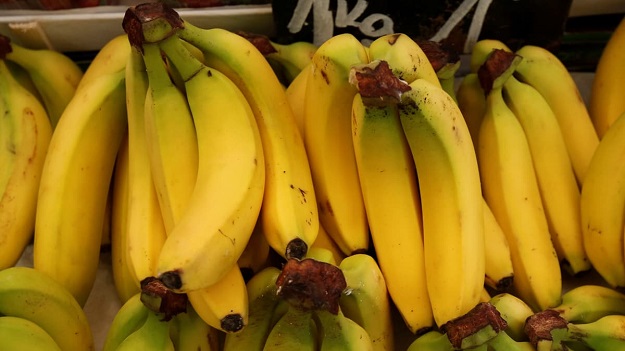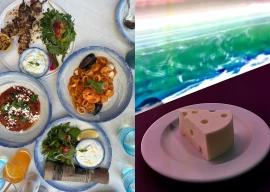
According to a recent research, eating a banana and an avocado per day can prevent hardening of arteries that can lead to heart disease and death.
Unhealthy diets, inactivity chief reasons for heart diseases
Research suggests that foods rich in potassium reduce vascular calcification, which is a condition common in both heart and kidney disease. Calcification causes calcium to accumulate in body tissue, blood vessels or organs, which can harden and interfere with the body’s normal processes. Diet rich in potassium also eases aortic stiffness, which is a typical cardiovascular risk factor.
The hardening of the arteries is known as arteriosclerosis, which is indicative of how hard the heart has to work to pump blood throughout the body.
“The findings demonstrate the benefit of adequate potassium supplementation on prevention of vascular calcification in atherosclerosis-prone mice, and the adverse effect of low potassium intake,” said Paul Sanders, professor at the University of Alabama.
Heart patients, if married, have higher survival rates: study
For a study published in the journal JCI Insight, a group of mice was analysed who were at risk of heart disease when fed a diet high in fat. The mice were fed food which had either low, normal or high potassium levels.
The results showed that arteries of mice who were given a low-potassium diet became considerably stiffer, while the arteries of those fed a high-potassium diet hardened less. Mice given potassium-rich food also had lesser stiffness in their aorta - the body’s main artery.
This is possibly due to low-potassium levels in the blood stopping the expression of genes that ensure artery flexibility. The researchers said the results also offer new targets for probable therapies to prevent or treat atherosclerotic vascular calcification and arterial stiffness.
This story originally appeared in the Hindustan Times.









1725446940-0/Untitled-design-(16)1725446940-0-270x192.webp)













COMMENTS
Comments are moderated and generally will be posted if they are on-topic and not abusive.
For more information, please see our Comments FAQ